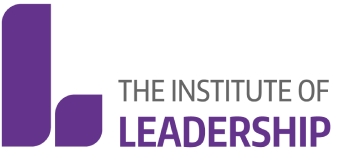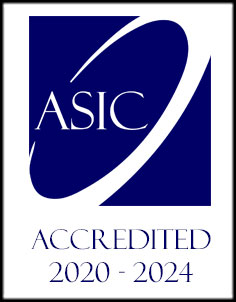Course Overview
Accountable governance is crucial to ensuring that the state has the capacity to respond to the needs of its citizens in an inclusive and equitable manner. The empowerment of society with the ability to hold their governments to account has become a crucial point of debate as the world moves closer toward the goals of the UN's Post-2015 Development Agenda.
This course has been designed primarily for those working in the public sector, across all departments and sectors, to enhance institutional knowledge of the mechanisms for governance and accountability.
Through practical case studies, workshops and discussions with leading practitioners in the field, this programme provides the essential skills to strengthen institutions. Participants will gain crucial knowledge of international and national frameworks, methods of empowering citizens and minorities, alongside monitoring frameworks amongst other issues. Examining topical issues such as whistleblowing, gender responsiveness and transparency, participants will benefit from best practice case studies alongside knowledge of the UN's post-2015 agenda, essential to transparent and effective governance.

The Institute of Leadership has approved this training course. The Institute combines years of research, knowledge and innovation to champion the leadership agenda for alL and since 1947 they have carried out extensive research into the knowledge, skills, attitudes, behaviours and values of great leadership. Based on The Institute's core leadership values, this course meets the standard that enables learners who have completed to access the following benefits:
- Membership of The Institute of Leadership will be in receipt of an ICPS/The Institute joint Certificate of achievement for the course
- Access to a raft of resources to help you with your continuing professional development, including an award-winning library of e-learning content
- A community of over 70,000 members worldwide enabling you to collaborate and grow your knowledge and skills
- Receipt of weekly news updates, podcasts and cutting-edge research and a monthly published journal and invitations to topical webinars
- Authorisation to use approved letters AMInstL (Associate Member of The Institute of Leadership) after your name for business correspondence
Learning Outcomes
By the end of the course the delegates will be able to:
- Have a better understanding of different types of governance
- Develop effective coordination and cooperation strategies
- Learn to be more inclusive and equitable
- Grasp key concepts around transparency and anti-corruption
- Critically analyse the role of accountability and auditing systems
Interview With One of the Training Experts
Agenda
Day One
- - Public and private compared
- - Governance at different levels and multi-level governance
- - OECD governance best practice principles
- - Example: UK Financial Reporting Council Corporate Governance best practice
- - Example: UK Civil Service Governance
- - Different types of accountabilities
- - Strengthening accountability and scrutiny mechanisms
- - Strengthening local government
- - Local development and accountability
- - Strengthening electoral, legislative, justice and anti-corruption systems
- - Participation of individuals and civil society
- - Social inclusion and its role in accountability
- - Gender and rights
- - Youth participation
- - Access to justice and justice administration
- - Access to information
Day Two
- - The negative impacts of corruption and poor transparency?
- - UN framework to tackle corruption – impacts
- - Anti-corruption mechanisms
- - Exposing wrongdoing and threats to public welfare
- - Enabling structures for whistleblowers
- - Private organisations
- - Third sector
- - Aligning principles and standards with wider goals
- - Non-state actor accountability
- - The importance, risk and governance of delivery chains
- - Co-ordination and cooperation
Day Three
- - Current frameworks
- - What are meaningful indicators to measure and evaluate progress?
- - What are the enabling tools and mechanisms necessary?
- - Policy direction
- - "Even-handed" to balance intrinsic power asymmetries
- - What are the gaps and pitfalls to watch out for?
- - Current regulatory mechanisms for Government accountability
- - OECD Governance of Regulation Best Practice'
- - Are these mechanisms effective?
- - The future of accountability regulation in the public sector
- - Non-binding, voluntary agreements
- - The missing link – credible incentives
- - The role of data in governance and accountability
- - E-governance – citizen-centric?
- - Social media and its evolving role

